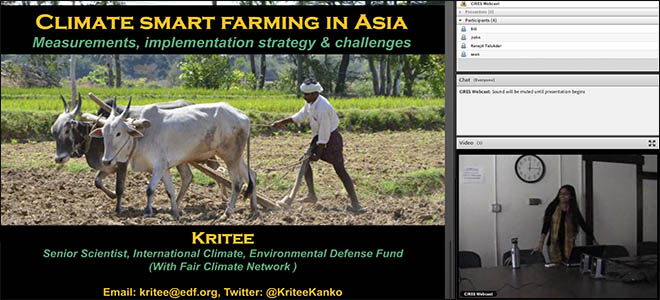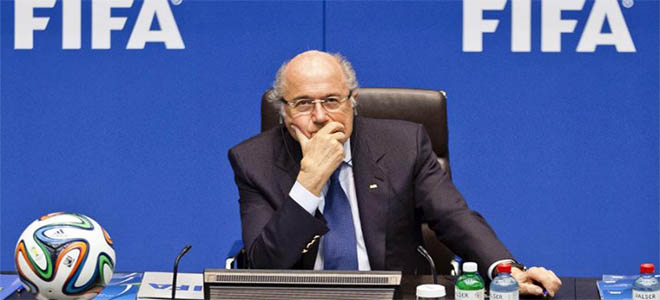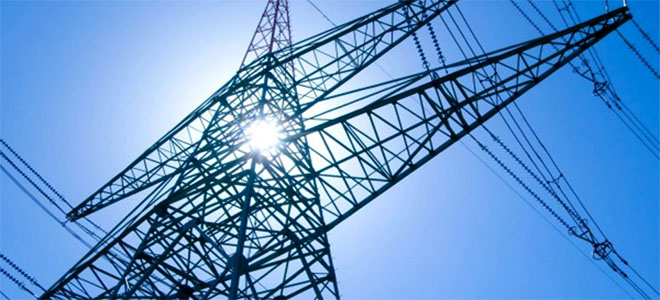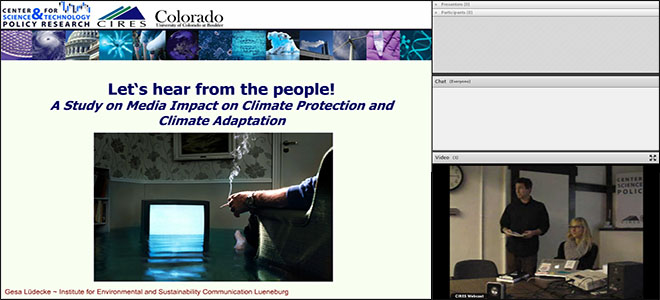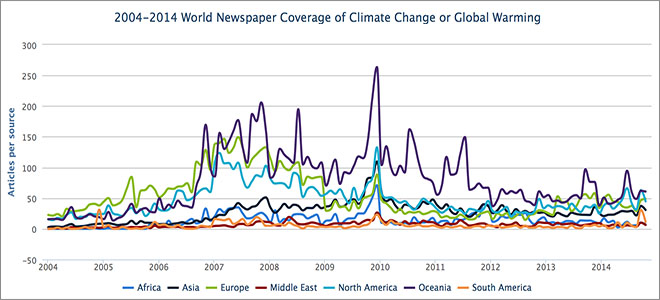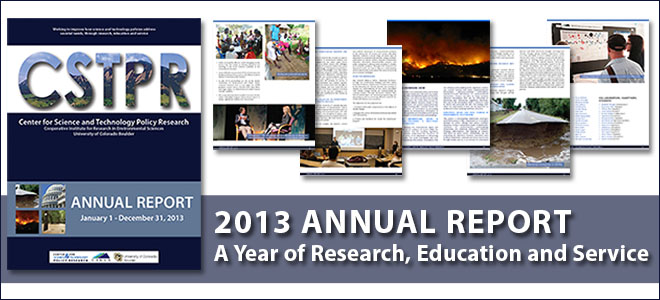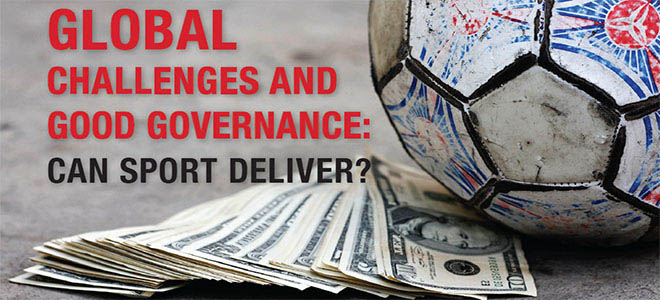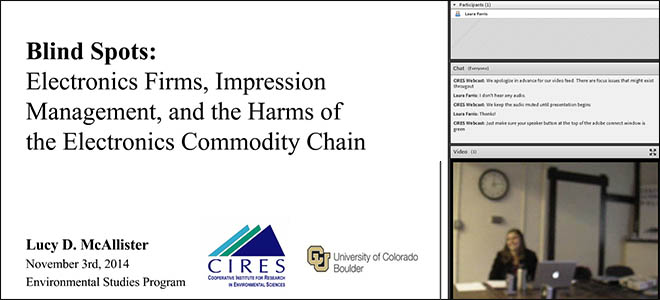Roger Pielke, Jr. was quoted in a 29 November 2014 Telegraph article:
Royal Society epitomises ‘noble cause’ corruption
Warmists say they hope ‘evidence of trends in extreme weather’ will help to ‘galvanise’ worldwide ‘action’. What evidence, asks Christopher Booker.
The Telegraph
November 29, 2014
It was inevitable that, in its role as one of our leading warmist pressure groups, the once-revered Royal Society would join the propaganda campaign lobbying for a new global climate treaty in Paris next year. As the scientific case for the belief that the world is in the grip of runaway global warming continues to fall apart, it was equally predictable that the Society would fasten on to the one issue they have all been clutching at to keep the scare going. This is the claim that rising CO2 levels are responsible for all those dreadful “extreme weather events” we keep hearing about – floods, droughts, hurricanes, killer heatwaves and the rest.
Introducing the Society’s new report, Resilience to Extreme Weather, part-funded by the warmist billionaire Jeremy Grantham and assembled by like-minded academics and green lobby groups, its president, the geneticist Sir Paul Nurse, hopes that its “evidence of trends in extreme weather” will help to “galvanise” worldwide “action”.
The only problem is that its 128 pages produce virtually no evidence to support the belief that “extreme weather events” are becoming more frequent and intense – for the reason that virtually no such evidence exists, as even the Intergovernmental Panel on Climate Change (IPCC) seems to accept.
Almost the only graph in the report is one co-authored in 2004 by the US climate scientist Roger Pielke Jr, which showed a rising trend line in the cost of damage from extreme weather. But as Pielke again shows in his new book Disasters and Climate Change, this increase is due to factors such as where vulnerable properties have been built. He includes an excoriatory passage on what he calls “the mystery graph”, published by the IPCC in 2007, purporting to show a link between the rising cost of weather damage and rising temperatures. The only citation given for this was that it was allegedly derived from another of Pielke’s own graphs, which he explains had shown nothing of the kind. As he argues, “the issue of disasters and climate change is a canonical example of ‘noble cause’ corruption in science”.
This might well serve as an epitaph on the whole of the Royal Society’s new report.
Fortunately, thanks to China, India and others, the chances of agreement on the global treaty they are all lobbying for are non-existent. Read more …




